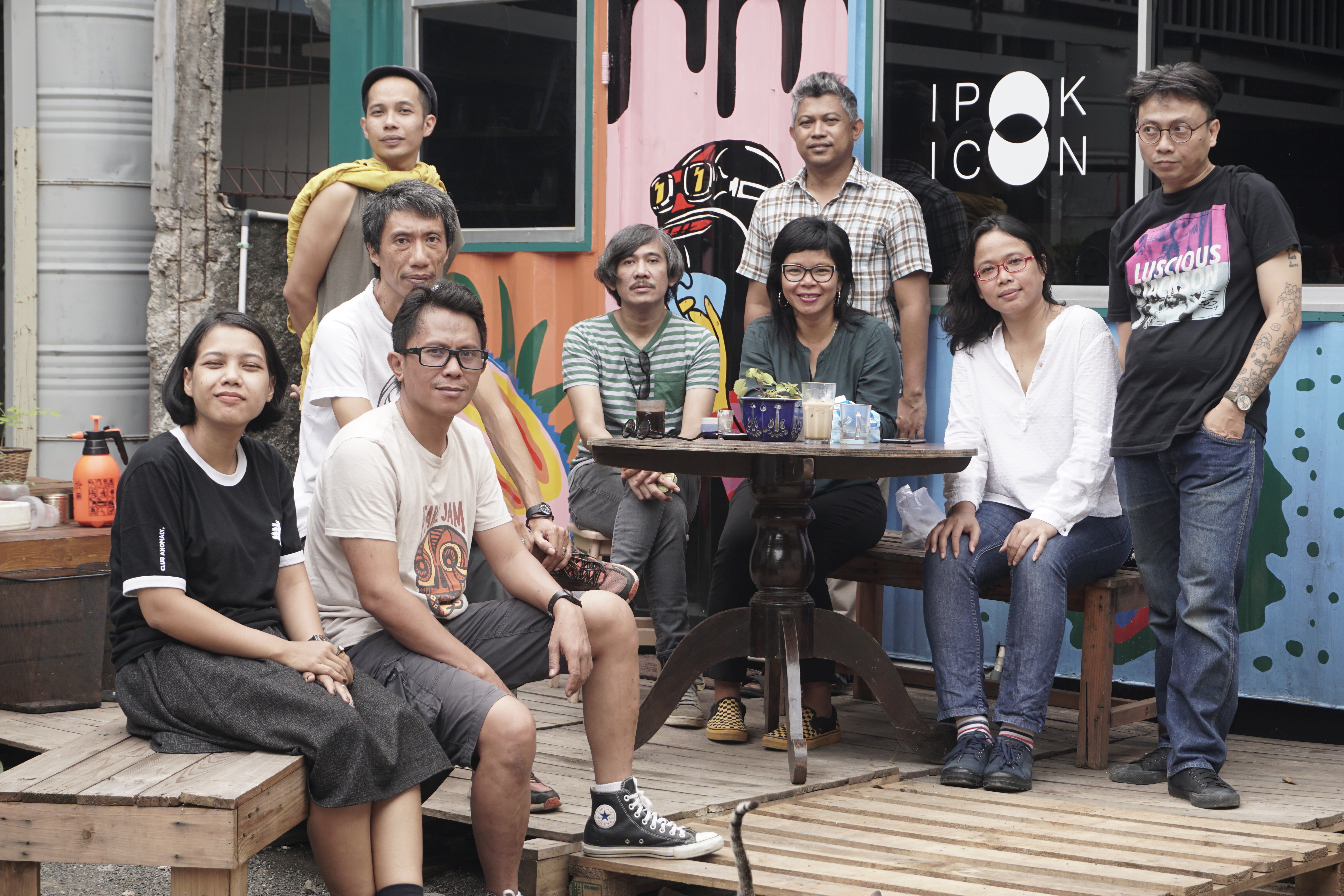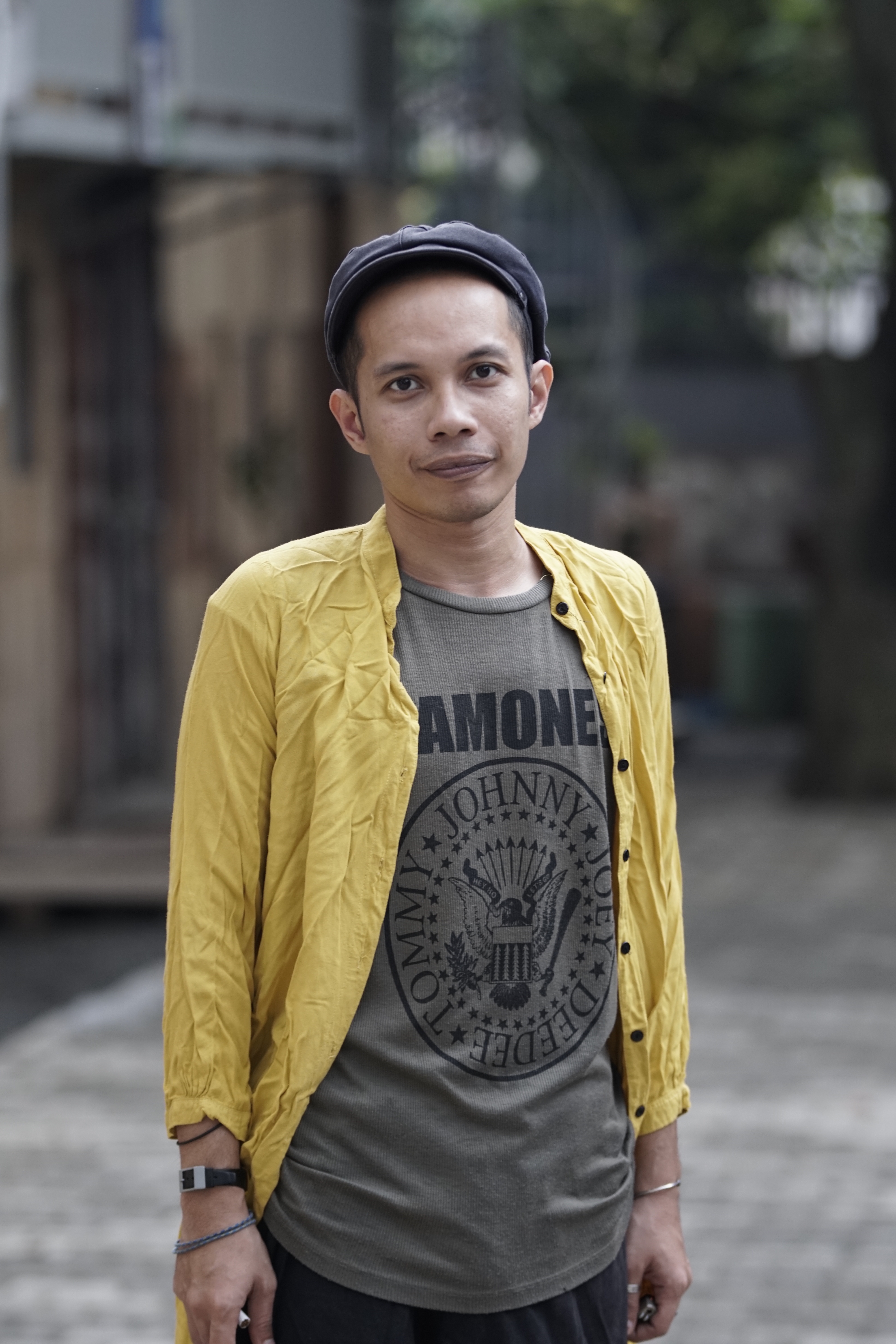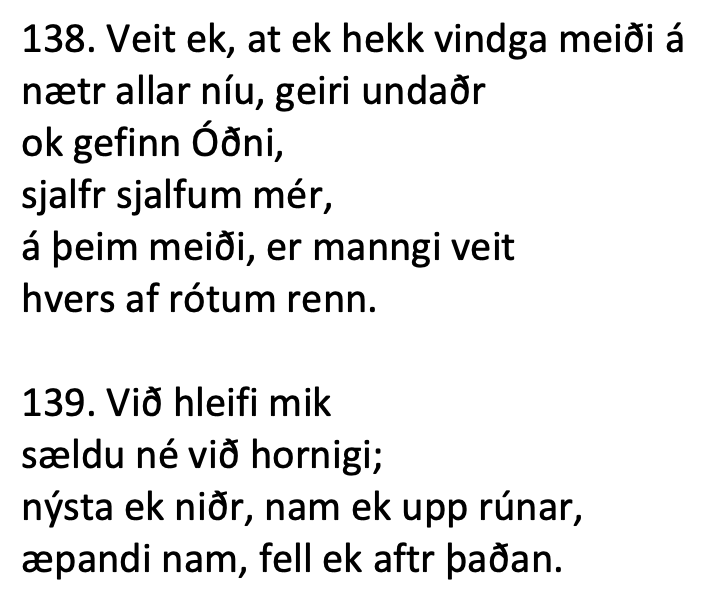It's exciting to see how an Indonesian artists collective, ruangrupa, is attempting to elevate the ideas of commoning in the international art world. A few years ago, ruangrupa, based in Jakarta, was selected to curate one of the most prestigious art exhibitions in the world, documenta. The event is a showcase for cutting-edge artistic work, held in Kassel, Germany every five years for only 100 days. This 15th edition of documenta ("documenta 15") confirms that commoning is surging as a way to re-imagine the political economy of art-making.
Any artist knows that making a livelihood from one's creativity means coming to terms with the brutal realities of markets. The economics of painting, music, photography, and performance are each different, of course, but they generally privilege individual artists over groups, require that artworks be converted into commodities, and tend to splinter and transform coherent artistic communities as market players buy artworks they regard as prestigious, fashionable, or lucrative investments.

This process can be necessary and benign, and at least help secure artists' livelihoods. But it can also end up corroding the ethic of collaboration and sharing that are indispensable to any creative genre. Whether it's jazz, hip-hop, painting, conceptual art, or sculpture, artists need each other to flourish. They need a community of caring colleagues who can mentor, criticize, inspire, imitate, and mutually support each other, especially when livelihoods are precarious.
Thanks to ruangrupa, documenta 15, which opened in June and will run through September, is not just an art exhibition. It's an attempt to re-imagine the political economy of art and artistic cultures.
My latest episode of Frontier of Commoning (Episode #29), I speak with Farid Rakun, a member of ruangrupa, who discusses how his collective used their documenta curation to convene a global assembly of artists to develop new ways to organize and support art-making.
Documenta 15 breaks new ground because this is the first time that an Indonesian or even Asian artist or group has been invited to curate the exhibition. Historically, documenta has featured European and Western artists, so the choice of ruangrupa as curators was clearly meant to give non-Western artistic sensibilities greater visibility and validation.
What may be more significant, however, is how ruangrupa has chosen to produce the event. It decided to abandon the traditional curation process by launching a massive experiment in artistic collaboration.
Over the past three years, the collective brought dozens of artists from around the world to discuss, deliberate, and collaborate in producing the exhibition. Through large and small democratic assemblies with a flavor of Occupy, artists decided whom to invite to exhibit, how to allocate funds, and how to develop new nonmarket infrastructures and processes to support artistic solidarity.
For example, ruangrupa decided that funds given to artists groups would not be treated as commissions to produce art. They see the funds, instead, as general support for artists' livelihoods. So the social meaning of the money is changed. It is not a market transaction; it is a recognition of the collective relationships that have enabled artists to exist as artists. The money is meant to recognize the ongoing struggles that artists overcome to produce their work, and a tribute to the ecosystems of artistic support. In this sense, artists' commissions were reimagined as a kind of universal income for a limited period, rather than transactional payment for services.

The animating spirit of runagrupa's bold experiment is called lumbung -- an Indonesian word for a shared rice barn in which surplus is stored and later allocated for collective benefit. Lumbung is an apt metaphor for the cultural sharing that ruangrupa is trying to bring to a higher level in the art world.
International art exhibitions have traditionally been discreetly aligned with art markets and all of their competitive greed and capitalist priorities. An artist featured in a major exhibition typically causes their reputation to soar, along with the future prices of their artworks. Everyone in the commercial ecosystem then scrambles to get a piece of the action.
But what if artists could develop relations of trust, cooperation, and social solidarity – not just in producing exhibitions, but in managing follow-on collaborations? What if artists could bypass the commercial feeding frenzy by developing their own collective vehicles of mutual support and sharing, outside of commercial markets?
After all, introducing money into artistic process often interferes with the sharing and collaboration that an artistic community needs. When markets enter the picture, talented artists often decide to leave their friends and colleagues behind to pursue (more lucrative) solo careers. Other artists may skew their works to pander to market trends. There's nothing wrong with that in itself, but why should that be the only option for developing an artistic career?
Ruangrupa's brave experiment at documenta has been marred by one troubling incident. A German blogger accused an artwork by a Palestinian artist of containing antisemitic imagery, which became a major controversy in the German media. How that artwork relates to ruangrupa's curation or not remains a subject of debate.
The more enduring legacy of documenta 15 is likely to be that ruangrupa developed some exciting new structures of artistic curation and solidarity on an international scale. The exhibition has prototyped some impressive new forms of commoning at scale, in the spirit of lumbung, which may inspire other artistic communities to further develop and institutionalize these models after documenta 15 concludes in September.
You can listen to my interview with Farid Rakun here.


